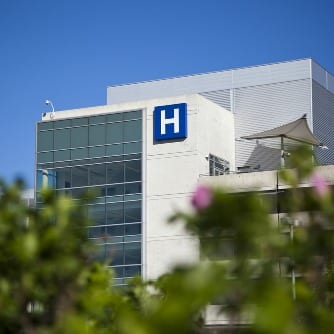Hospital-acquired infections represent a large and possibly preventable segment of hospital-related deaths and have been rising in recent years. On any given day, about 1 in 25 hospital patients has at least one healthcare-associated infection and over a third of these infections are caused by Gram-negative bacteria, many of which are resistant to one or more classes of antibiotics. John Bosso, from the Medical University of South Carolina (South Carolina, USA), and colleagues assessed historical data from 949 documented cases of Gram-negative infection at their academic medical center. In the first few days of hospitalization the percentage of infections associated with Gram-negative bacteria classified as multidrug-resistant was about 20% and rose fairly steadily until four or five days, then jumped dramatically, peaking at over 35% at 10 days. Statistical analysis suggested an additional 1% risk per day of hospitalization. The lead investigator comments that: “Our findings emphasize one of the risks of being in the hospital, acquiring a multidrug-resistant infection … At the very least, this observation argues against both unnecessary hospitalization and unnecessarily long hospitalization.”
Drug-Resistant Infection Common for Hospital Stays
Bosso JM. “Each Day in Hospital Increases Resistance Risk” [Abstract 110a]. Presented at the 54th Interscience Conference on Antimicrobial Agents and Chemotherapy (ICAAC) (American Society for Microbiology,” September 7, 2014.
RELATED ARTICLES




